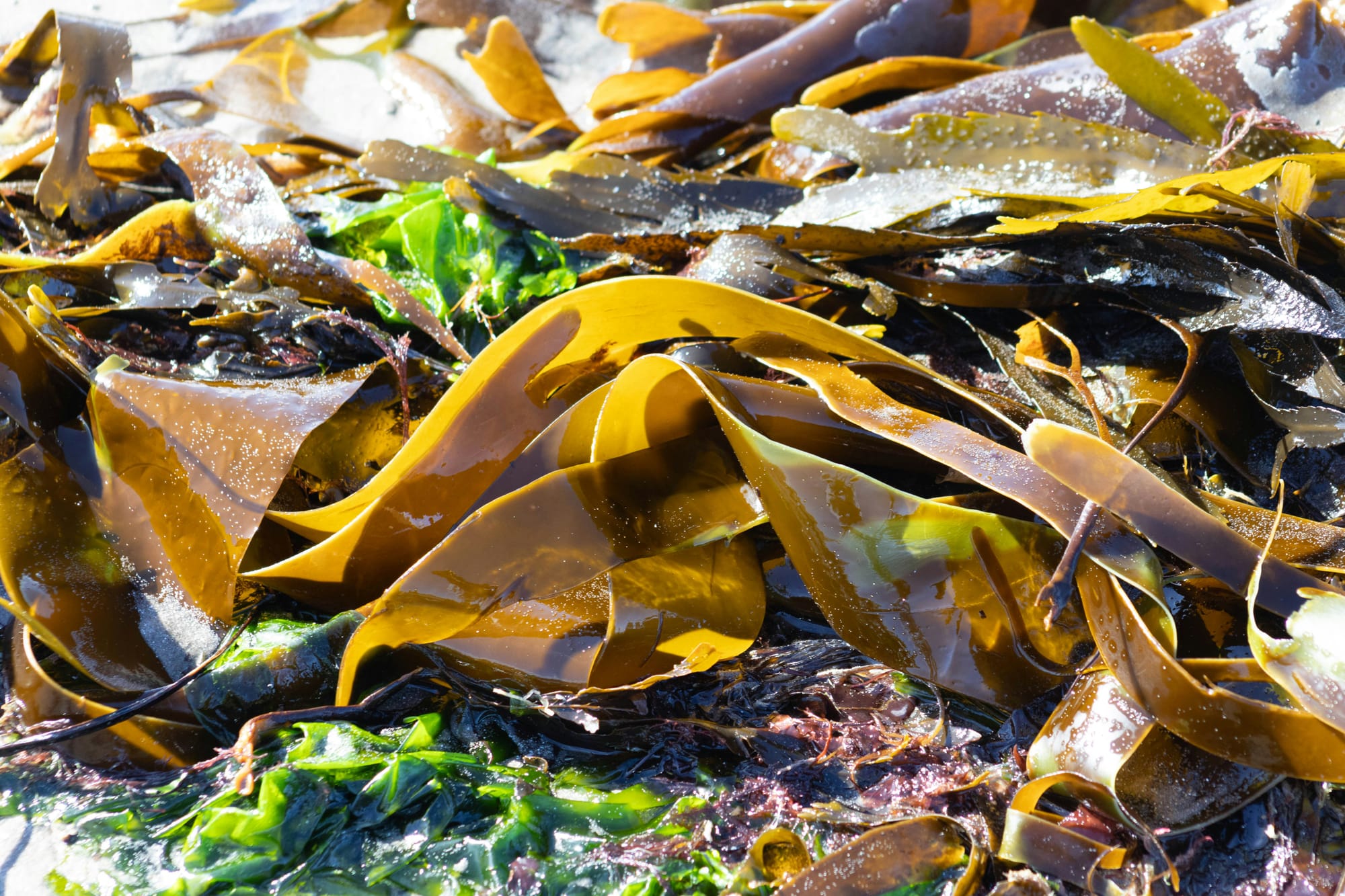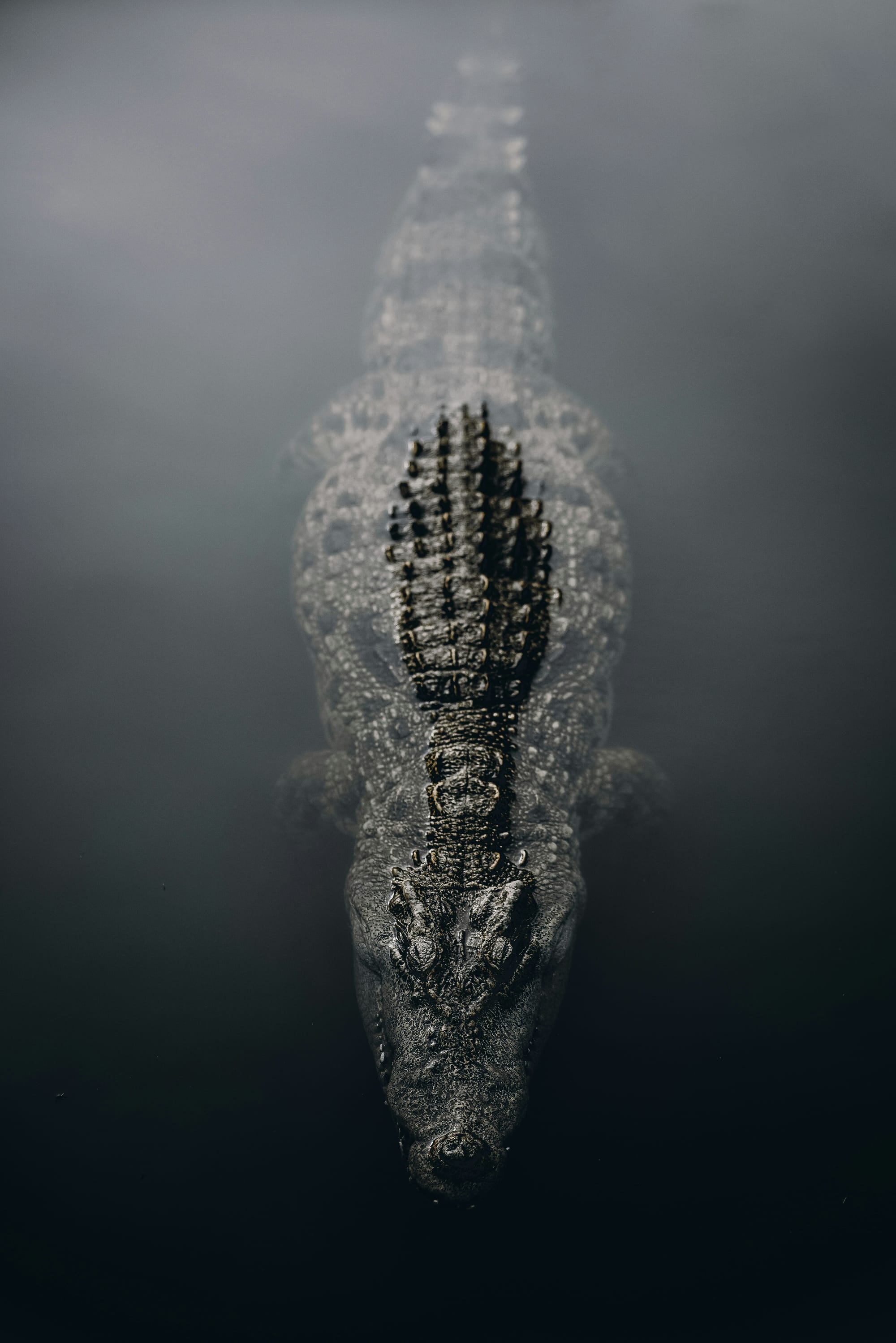Entangled

I've been writing for a long time about how human beings are ultrasocial, how we synchronize our thoughts and moods and goals, and how our experience of the world is intertwined. Partly for this reason, I'm always curious when certain words or concepts suddenly recur over and over, seeming to bubble up to the top of the hivemind.
Enter "entanglement." I suddenly see the term everywhere. I hear it on podcasts about generative AI, read about it as a crucial plot twist in fiction, and encounter it in an article about what Nietzsche can tell us about how delicious crocodiles find our flesh. I start thinking about entanglement of actions and goals when planting seed garlic for the spring (all those worms and beetles squirming and skittering their dismay at the disruption) and when getting a massage (my existing tension melting under the masseuse's applied tension, whose is whose becoming indistinguishable).
BE THE SPARK - Thoughts on Teaching and Learning
The first recent time this word caught my attention was during an episode of Bonni Stachowiak's marvelous Teaching in Higher Ed podcast. She was interviewing Tricia Bertram Gallant and David Rettinger about their book The Opposite of Cheating: Teaching for Integrity in the Age of AI.
Tricia uses the term "intentional entanglement" to refer to a dual process: the very purposeful embedding of generative AI into both industry and education, and then a subsequent declaration that since AI is so embedded, it is inevitable (she credits the term to the Center for Humane Technology). So often in this complex world, causes and effects and side effects and accidental outcomes are all unintentionally entangled, the natural developments of systems and movements. But Tricia argues that the dominance of generative AI is instead intentionally entangled. She argues that like the "forever chemicals" industry who put out a product with known harms accompanied by the language that everyone is using it, therefore its use is inevitable, therefore your choices about it are inevitable, so too we have been sold on the inevitability of generative AI.

All of this echoes an excellent essay by the historian Kevin Gannon in The Chronicle of Higher Education, who similarly casts skepticism on the "inevitable" angle. He also points out several of the contradictions in this intentional entanglement, and calls for universities and think tanks to include "contrarians" in their AI committees to side-step missing the bigger picture.
Those are dissonant messages: “This thing threatens fundamental academic values, but you need to teach it to your students or they will suffer.”
Seriously, give it a read.
In other teaching and learning news, hope to see some of you at the annual meeting of the New England Faculty Development Consortium at the College of the Holy Cross in Worcester MA later this week (very much looking forward to Tracie Addy's keynote wisdom to help us navigate this moment), and others at the annual POD network meeting in San Diego in November. Tap my shoulder and say hi!
Finally, in August I had the deep pleasure of working closely with the biologist and postdoctoral fellow in education Payel Ganguly during our Summer Teaching Institute collaboration with Harvard Medical School. Check out this awesome profile of her journey in STEM education - whichever institution welcomes her into a more permanent position is lucky indeed. Let me know if you would like an introduction.
STRIVING - Emotion, Motivation, Our Synchronous Selves
I next ran into entanglement on an airplane, finishing Ray Nayler's second novel Where the Axe is Buried. A slightly-futuristic work in which autocracy, technological surveillance, and governance by generative-AI prime ministers ("rationalization" of politics) all reign, I almost put it aside for being too depressing and a little too on-the-nose. But the characters and plot kept me reading.
One of the alternating characters is a scientist fascinated by entanglement, which she characterizes as "how one particle can be so bound up with another that their state is always the same, no matter where in the universe they are." This entanglement gets drawn throughout multiple plotlines in the rest of the work.

But more interesting to me were some of the reflections on how being entangled with other human beings, circumscribing ourselves based on social norms and empathy and seeking other people's happiness, helps to curtail our worst impulses.
Many of the characters in the book are taken with a political manifesto dubbed The Forever Argument, written by an anti-autocracy activist named Zoya. In this book-within-a-book, Zoya reflects on the corrupting nature of power: "Imagine how, as day followed day and everything was granted to you, your desires would metastasize. There is no cancer like the will, unopposed. What we need most is opposition. It keeps us not only honest, but human. Without it, any one of us is a monster. Where there is complacency, every human power becomes monstrous. Togetherness is not agreement: it is the collective act of resisting one another." We often think of entanglement, of our collective humanity, as a warm blanket, as an embrace - and perhaps it can be so. But perhaps it is also the humanizing potential of being corrected, of being told no, of the small ways we encourage each other to curtail our behavior and to change that encourages the best parts of us.
OUR MONSTERS, OURSELVES - Uncertainty, Challenges, Mental Health
Over at Aeon magazine, philosopher Nicolas E. Low considers the experiences of people who have found themselves suddenly.... food. Specifically, crocodile food. This is often a startling experience, he believes, because so often we humans consider ourselves exceptions from the deep entanglement of the natural world. We are shocked at reminders that we are just one more node on the chain of predators and prey.

At a microscopic level, we exchange atoms with surrounding objects, and are densely populated by microbial panoplies shared with the things we touch, wear, and consume. We are not independent entities, but vast, shifting communities of living and non-living participants. - Nicolas E. Low
He calls out how many recent bestselling nonfiction books (Braiding Sweetgrass, Entangled Life, The Light-Bringers) take as their subject the need for us to overcome our sense of separateness from and superiority over the natural world in order to achieve well-being and avoid environmental catastrophe. He threads this theme through the works of philosopher Friedrich Nietzsche, who noted that entanglement with the natural world was inevitable, and that so too was suffering. "He saw that if we could reconceive what it means to be people and unshackle ourselves from the depressing dominion of morality, we might find joy in entangled life and become better participants in the natural world." Only by setting aside our resistance to suffering – and perhaps more controversially, also our attachment to the idea of free will – can we possibly find a new path.
Ultimately, I wonder if our current fixation with both natural and artificial entanglements has a bit to do with how simultaneously lonely and out of control we all feel in the present moment.
INCIDENTALLY - My Grandmother's Poem
One of my favorite works by my grandmother and poet Margery Smith Cavanagh invites my grandfather to move out with her to the strawberry bed, where they'll forget the bustling outside world and become entangled in morning glory, embedded in the natural landscape.
What is love but the ultimate entanglement, not knowing where you end and I begin?
Friend,
Couldn’t you stop mowing
and let the wild things
grow for a season –
Queen Anne’s lace, goldenrod,
maybe a tall thistle
with its downy purple bloom?
We could make a garden
full of creeping Charlie,
plantain, pigweed, and even
witch grass,
About this time the porch
will fall in, we won’t mend
the screens the dog jumps
through when he’s afraid
of thunder.
The mother cat will teach
her wild kits to use the fireplace –
so we’ll move out and live under the blue spruce.
None of your friends will believe
you’re there, they’ll think
you are in Europe
on a tour.
But we will be together
tangled in morning glory,
asleep in the strawberry bed,
warm in the sun and the wild.
